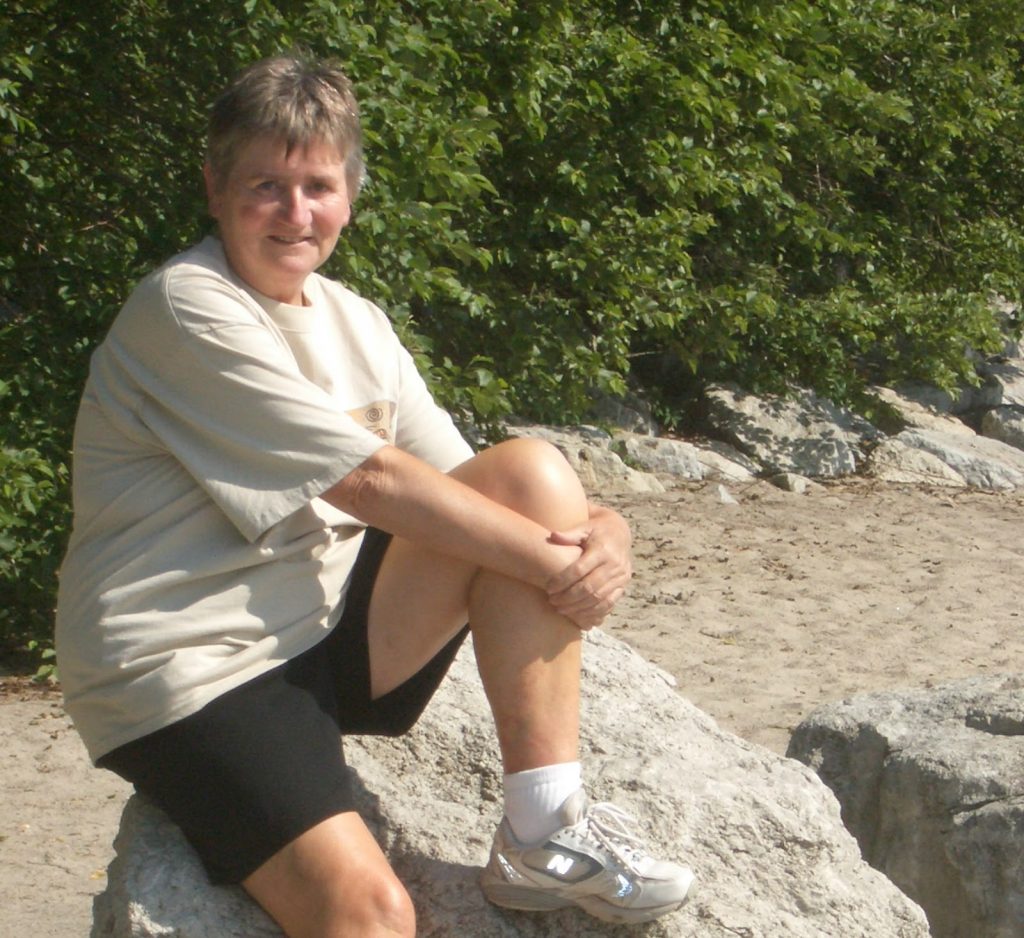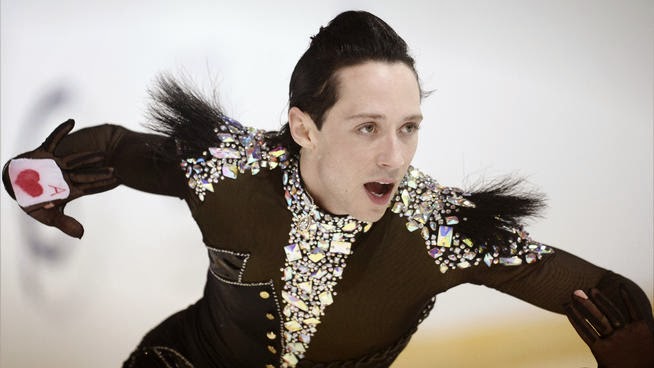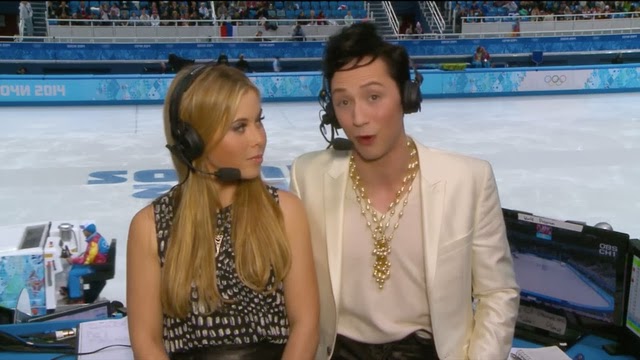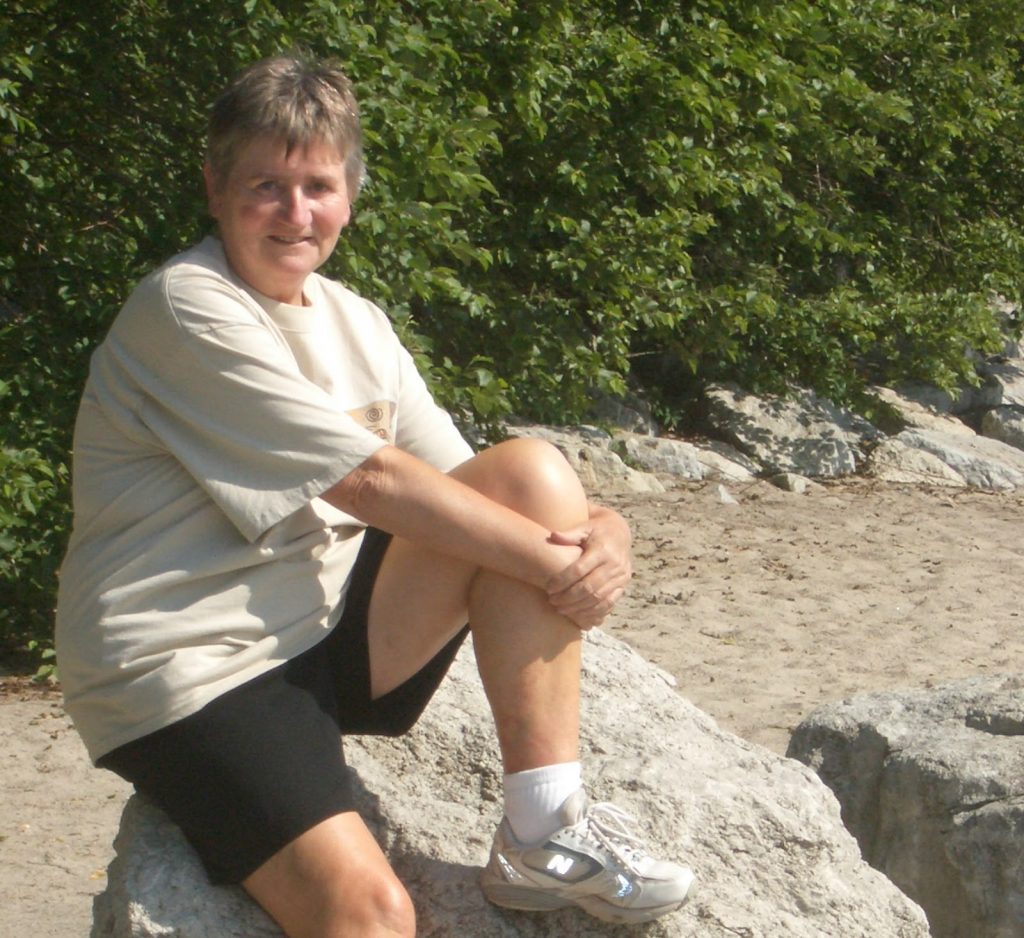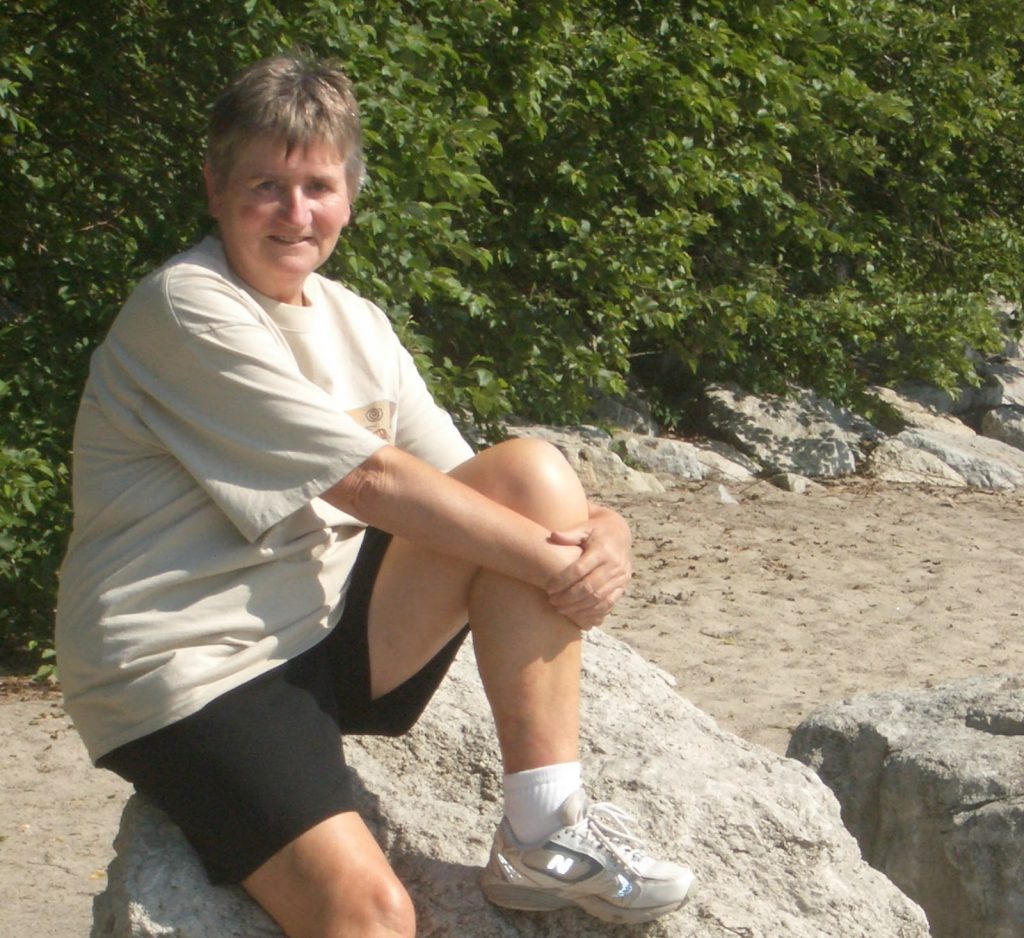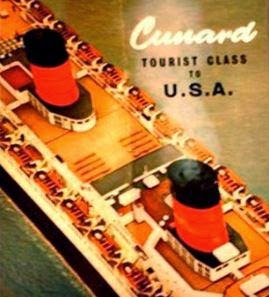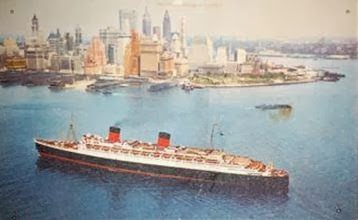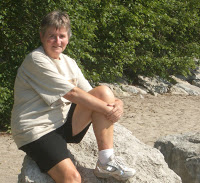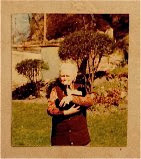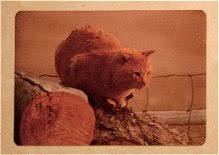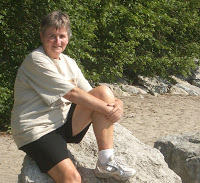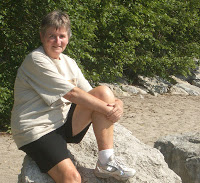For Christ’s sake, Gillian, you’re ten bloody years old and …
No, I mustn’t swear. This is a letter to be read in the early 1950’s. And leave Christ out of it as well. You surely recall that at the age of nine you decided organized religion was a load of — , well, you rejected it.
Gillian, you really need to get your shit together.
Oops, that’s no better. Gillian, yes, YOU, the seventy-year old one, need to get YOUR act together. OK, act together, that’s better.
Gillian, you’re ten now, and it’s time you got your act together.
No, that really doesn’t work either. The ten-year-old Gillian IS acting; playing a part. And at some level she knows it. She needs no encouragement in acting. And it all sounds a bit distant and cool, doesn’t it? It shouldn’t. I feel great affection for, and of course empathy with, this desperately confused younger self. So here we go, AGAIN. Well, I didn’t expect this to be easy.
My dearest Gillian, (yes, MUCH better!)
Now you are ten, I think it’s time we had a little chat.
No, no! Too condescending.
My dearest Gillian,
Yes, you are only ten, but you have some pretty difficult stuff to deal with. I know you know what I mean, although you are trying oh so hard to hide it, even, or especially, from yourself. You think, in those rare times when you face up to thinking about it at all, that you are absolutely the only person in this entire world who is attracted to those of the same, rather than the opposite, sex. You think that somehow, in some way quite unclear to you at this time, these feelings will, magically, go away. They will not. I cannot guarantee you much, but that I can promise. No matter how hard you continue to refuse to accept them, they are going to strengthen until the day comes when you can no longer deny them to yourself, and so no longer wish to deny them to everyone else.
Don’t get me wrong, I am not advising you to ‘come out of the closet,’ (a phrase she is not yet even familiar with, needs explanation) that is, shout out on the school bus that you love girls not boys. Don’t kiss your best friend, though I know how much you have wanted to for quite some time. And don’t tell Mum and Dad. Dad, I suspect, would walk away without a word, and, if you tried to pursue it, might say something like, ‘I don’t ever want to hear that again,’ and walk faster, and further, away. Mum would, more predictably, say, “Oh Gillian! You’re being entirely too silly!” And that would be the unsatisfactory end to it.
The time and place would not be good. Caution is advised, my dear. (Good. Nice and warm, and what her mother often calls her.) In your current year, 1952, the Enigma codebreaker Alan Turing is being forced to take ‘cures’ for his homosexuality. (Don’t think the word ‘gay,’ though friendlier, would mean a thing. Come to think of it, neither would Turing nor Enigma, both being silenced for years to come under the Official Secrets Act. Never mind, she can get the idea.) Sir John Nott-Bower, commissioner of Scotland Yard is beginning to weed out homosexuals from the British Government, at the same time as McCarthy is conducting a homosexual witch hunt in the US. No, not a good time and place. (Though I suspect, in 1952, there was no good place.)
You will find this hard to believe, but my wonderful same-sex partner, of twenty-six years, and I are about to be legally married in the U.S., where same-sex marriage is now, nearing the end of 2013, legal in fourteen states.*
It is also legal in parts of Mexico, and legal throughout another sixteen countries.** The 21st century is an amazing place!
What I implore you to do, is, simply, look at yourself. Accept yourself. You are beautiful just the way you are, and one day you will know it. But if you deny it, hide it, try to make it go away, that will not work. You will hurt others.
Unintentionally, but the hurt is there all the same. And yourself. But there will be losses as well as gains. There will be sadness as well as joy. But make your life-choices consciously, for positive reasons, not negative ones, and never in denial of who you are, and who you must be. You are who you are. You have no choice. I know that now.
I wish, my dear Gillian, that I had known you, myself, a whole lot better in 1952. But here I am, sixty years later, still working at it, and very slowly I believe I’m getting there.
*
California, Connecticut, Iowa, Massachusetts, New Jersey, Delaware, Minnesota, New Hampshire, New York, Rhode Island, Vermont, Maine, Maryland, Washington, and Washington D.C.
**
Argentina (2010) Denmark (2012) The Netherlands (2000) South Africa (2006) Belgium (2003) England / Wales (2013) New Zealand (2013) Spain (2005) Brazil (2013) France (2013) Norway (2009) Sweden (2009) Canada (2005) Iceland (2010) Portugal (2010) Uruguay (2013)
October 2013
About the Author
I was born and raised in England. After graduation from college there, I moved to the U.S. and, having discovered Colorado, never left. I have lived in the Denver-Boulder area since 1965, working for 30 years at IBM. I married, raised four stepchildren, then got divorced after finally, in my forties, accepting myself as a lesbian. I have now been with my wonderful partner Betsy for 25 years.
